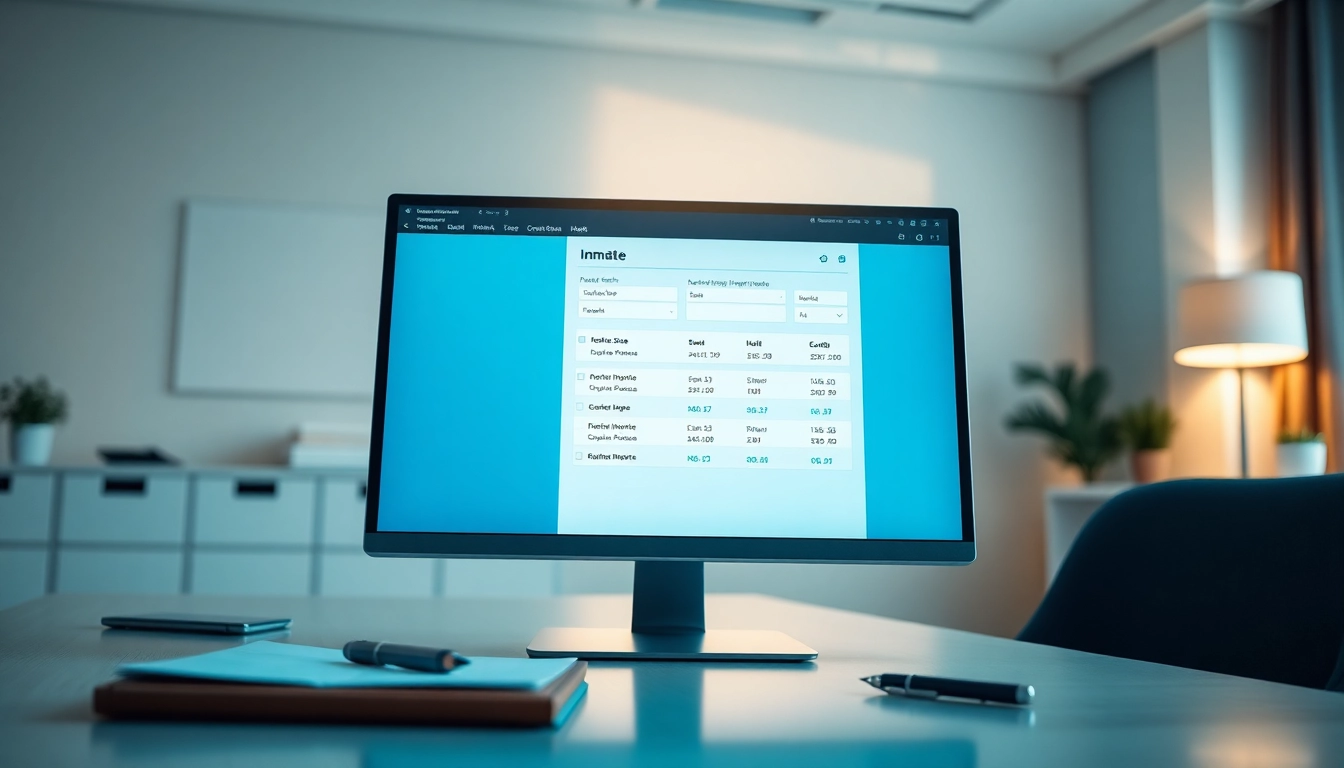Understanding GCMS Notes
What Are GCMS Notes?
GCMS notes, short for Global Case Management System notes, are detailed records maintained by Immigration, Refugees and Citizenship Canada (IRCC) about immigration applications. These notes are pivotal in understanding the assessment process of any immigration case. Specifically, they contain communication between IRCC officials, decisions made regarding applications, and relevant procedural details. Essentially, GCMS notes lay bare the internal workings of an immigration officer’s analysis, allowing applicants greater insight into their application’s status.
The Importance of GCMS Notes in Immigration
GCMS notes serve several vital purposes in the immigration process. Firstly, they act as a means of transparency. Individuals seeking to understand why their immigration applications were approved or denied can refer to these notes for precise information. By obtaining GCMS notes, candidates can uncover specific concerns or weaknesses in their cases that may need addressing. Additionally, these notes can be critical in legal proceedings, potentially providing evidence to support claims during appeals or reapplications. Analyzing GCMS notes can also help applicants tailor their future applications or rectify past mistakes, ultimately increasing the likelihood of success.
Common Misconceptions About GCMS
Many common misconceptions surround GCMS notes. One prevalent belief is that GCMS notes are generally negative and reflect poorly on the applicant’s case. This is not necessarily true. While GCMS notes can highlight deficiencies, they also document positive aspects, such as successful information submissions or favorable assessments. Another misconception is that GCMS notes are only for those who face denial; on the contrary, even those with approved applications can benefit from understanding their detailed backgrounds. Lastly, many think retrieving GCMS notes is a complex process, when in reality, the steps to get gcms notes are straightforward and accessible.
How to Request GCMS Notes
Step-by-Step Process to Get GCMS
Requesting GCMS notes involves several clear steps that applicants must follow to ensure success:
- Determine Eligibility: First, ascertain your eligibility to request GCMS notes. Generally, only individuals who have submitted an application or their authorized representatives can request these notes.
- Complete the Required Forms: Fill out the appropriate forms, such as the Access to Information Request form (ATI) or the Personal Information Request form (PIP). Ensure all details, including your application ID, are accurate.
- Attach Identification: Provide a copy of valid identification that confirms your identity. This could be a passport, driver’s license, or any official government ID.
- Include Payment: There may be a nominal fee associated with your request. Include payment details, if applicable, in your submission.
- Submit Your Request: Send your request via mail or an online submission system, depending on your jurisdiction.
Necessary Documentation for Your Request
When requesting GCMS notes, it is essential to include the following documentation:
- Your Immigration Application Number or Client ID Number.
- A completed Access to Information Request form.
- A form of ID showing your name and current address.
- Payment method, if required, to process your application.
Ensuring all documents are complete and accurate helps expedite the process and minimizes the risk of delays.
Timelines and Expectations After Requesting
Once you have submitted your request for GCMS notes, it is typical to wait several weeks for processing. The timeline can vary based on IRCC’s workload and the complexity of your request. On average, applicants may receive their notes within 30 to 60 days. If additional clarification is needed, IRCC may contact you, leading to further delays. It is important to remain patient and keep track of any communications from IRCC regarding your request.
Analyzing Your GCMS Notes
Understanding Key Terms in GCMS
Once you successfully obtain your GCMS notes, the next crucial step is understanding the terminology used within them. Key terms include “Recency,” which refers to any recent activity or decision on your application, and “Processing Time,” which indicates how long the application has been in review. Familiarizing yourself with these terms will help decipher the overall context and content of your notes.
Identifying Important Information
Critical information within GCMS notes typically includes:
- Decision reasons: An explanation of why your application was approved or rejected.
- Officer’s notes: Remarks made by the immigration officer that can provide insight into their evaluation process.
- Additional requirements: Any missing documents or information that may have been flagged during the review process.
By identifying and understanding these areas, applicants can take proactive measures in addressing any highlighted issues.
Common Issues Highlighted in GCMS Notes
Common issues that may arise in GCMS notes include concerns about incomplete documentation, inconsistencies in information provided, or lacking proof of relationships in family applications. Recognizing these issues gives applicants the opportunity to correct or address them before future applications or appeals.
Using GCMS Notes to Your Advantage
How GCMS Notes Can Influence Your Case
Strategically analyzing your GCMS notes can significantly influence future immigration decisions. If your notes indicate that specific information was lacking or unclear, addressing those points in your next application can improve your chances for approval. Furthermore, understanding the nuances of the decision-making process will enable you to prepare better for potential interviews or hearings.
Next Steps After Reviewing Your GCMS Notes
After reviewing your GCMS notes, outline a plan based on the insights gathered. Consider taking the following steps:
- Rectify any highlighted issues by gathering additional documentation or detailing your history more clearly in your next application.
- Consult with a professional immigration consultant or lawyer who can help interpret the notes and guide you through necessary changes.
- If applicable, prepare appeals for denied cases by addressing the specific concerns raised in your GCMS notes.
Seeking Professional Help When Needed
Consulting with an immigration expert can be an advantageous route for those who feel overwhelmed by their GCMS notes. Professionals in the field can help interpret the information and provide tailored guidance on how to proceed, whether it means bolstering an application or preparing for an appeal.
Frequently Asked Questions About GCMS Notes
What to Do If You Encounter Errors in GCMS
If you find errors in your GCMS notes, such as incorrect personal information or discrepancies in your application details, it’s important to immediately address these issues. Contact IRCC to report the inaccuracies, providing documentation or clarification as needed. Keeping a record of these communications can be beneficial for future reference.
Can GCMS Notes Be Used in Appeals?
Absolutely. GCMS notes can serve as valuable evidence in the appeals process. By demonstrating the specifics of why a case was denied or flagged for issues, you can build a stronger argument for reconsideration of your application. Utilizing this information effectively can thus increase the chance of a favorable outcome.
How Long are GCMS Notes Valid?
GCMS notes don’t have a defined expiration date. However, since they relate to the immigration process, the relevance of the notes may diminish over time as policies and procedures change. Therefore, while you can reference previous GCMS notes for ongoing applications or appeals, it’s advisable to request the most recent notes for the most accurate context.















Leave a Reply